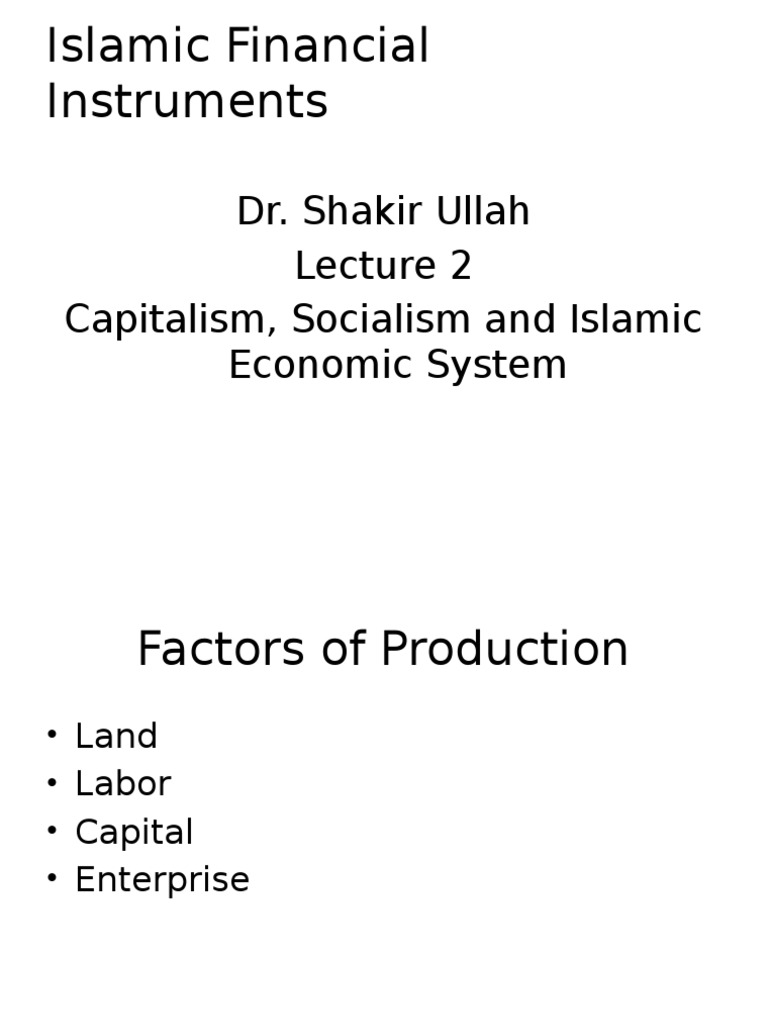The economic teachings of the Bahá’í Faith invite a nuanced examination of capitalism and socialism, prompting the playful inquiry: are Bahá’ís inherently capitalists or socialists? This query, while seemingly simplistic, unfolds a profound discourse embedded within the principles of the Bahá’í Faith that transcends conventional binary definitions. Acknowledging the complexity of contemporary economics is essential, as we explore the philosophical underpinnings and practical implications of Bahá’í economic teachings.
At the heart of Bahá’í economic thought is the doctrine of moderation. This principle advocates for a balanced approach to economic systems, asserting that neither rampant capitalism nor rigid socialism fulfills the spiritual and material aspirations of humanity. Capitalism, often lauded for its efficiency and innovation, can yield significant disparities in wealth distribution and social inequality. Conversely, socialism, with its emphasis on collective ownership and egalitarianism, may inadvertently stifle innovation and individual initiative. Bahá’í teachings thus encourage an economic paradigm that amalgamates the virtues of both systems while mitigating their respective shortcomings.
The Bahá’í concept of the “Oneness of Humanity” is profoundly relevant when addressing economic matters. This principle posits that all humans share a common origin and destiny, necessitating a cooperative approach to economic relations. In practice, this translates to a socio-economic framework that prioritizes the welfare of individuals and communities over mere profit maximization. This perspective urges Bahá’ís to engage in economic activities that uplift the disadvantaged and promote the common good, ensuring that economic success does not occur at the expense of societal welfare.
A salient aspect of Bahá’í economic thought is the emphasis placed on individual initiative tempered by social responsibility. While the teachings uphold the importance of personal enterprise and entrepreneurship, they simultaneously advocate for a system that recognizes the interconnectedness of all individuals. This dual emphasis encourages Bahá’ís to pursue economic activities that reflect both personal ambition and collective welfare. The result is an economic ethos that harnesses the drive for innovation while fostering a spirit of collaboration.
To illustrate this nuanced perspective, consider the Bahá’í stance on wealth accumulation. While personal wealth is not condemned, it is intricately linked to the ethical imperative of stewardship. Bahá’ís are encouraged to view themselves as custodians of their wealth, responsible for utilizing resources in a manner that benefits society at large. This positions Bahá’ís within a framework that could be interpreted as socially conscientious capitalism, wherein profit serves to facilitate broader social aims and humanitarian efforts.
Furthermore, the Bahá’í teachings advocate for the establishment of a just and equitable economic order. This vision encompasses the elimination of extreme wealth and poverty, promoting a society in which economic resources are distributed more equitably. Such assertions challenge capitalistic norms that celebrate unbridled wealth accumulation and highlight the moral imperatives that are rife within Bahá’í scripture. The teachings call for mechanisms that ensure that wealth supports universal prosperity, emphasizing that economic justice is a fundamental aspect of world peace.
Turning our gaze toward the role of education, the Bahá’í Faith stresses the importance of knowledge as a tool for economic progress. Education serves as the cornerstone for developing skilled individuals who can contribute meaningfully to society. By equipping individuals with the tools necessary for success, the Bahá’í teachings advocate for an economy that thrives on the potential and creativity of its members. This aligns closely with the principles of a capitalist economy that rewards innovation, demonstrating that the Bahá’í perspective doesn’t reject the virtues of capitalism; instead, it seeks to redefine success.
It’s also crucial to acknowledge the Bahá’í perspective on the rightful use of wealth. A responsible economic order, according to Bahá’í teachings, mandates that wealth should not be hoarded but rather reinvested in societal development. This principle advocates for charitable giving, community development projects, and support for social enterprises that bolster economic resilience. The idea of a wealth-driven society is not abandoned; rather, it is reoriented towards fostering an economy that emphasizes shared prosperity.
The Bahá’í emphasis on consultation in economic decision-making further enriches the conversation. This dynamic process encourages collective engagement and the integration of diverse perspectives, thereby enhancing the potential for equitable outcomes. The consultative approach contrasts with the often confrontational nature of capitalist markets, wherein individual competition can overshadow collaborative efforts. Thus, Bahá’í economics presents an alternative model that cultivates inclusivity and shared understanding.
In conclusion, the question regarding the economic orientation of Bahá’ís—whether they align more closely with capitalism or socialism—reveals a multifaceted approach steeped in a commitment to the oneness and welfare of humanity. Bahá’í teachings advocate for a synthesis that incorporates the strengths of both economic systems while addressing their inherent weaknesses. Through the principles of moderation, social responsibility, and education, Bahá’ís envision an economic system that transcends the dichotomy of capitalism and socialism. In this aspirational vision, the promise of an equitable and just society becomes a collective endeavor, ensuring that the fruits of economic development are accessible to all. Such a perspective not only elevates individual agency but also underscores the essential interconnectedness that binds humanity in the quest for progress.
